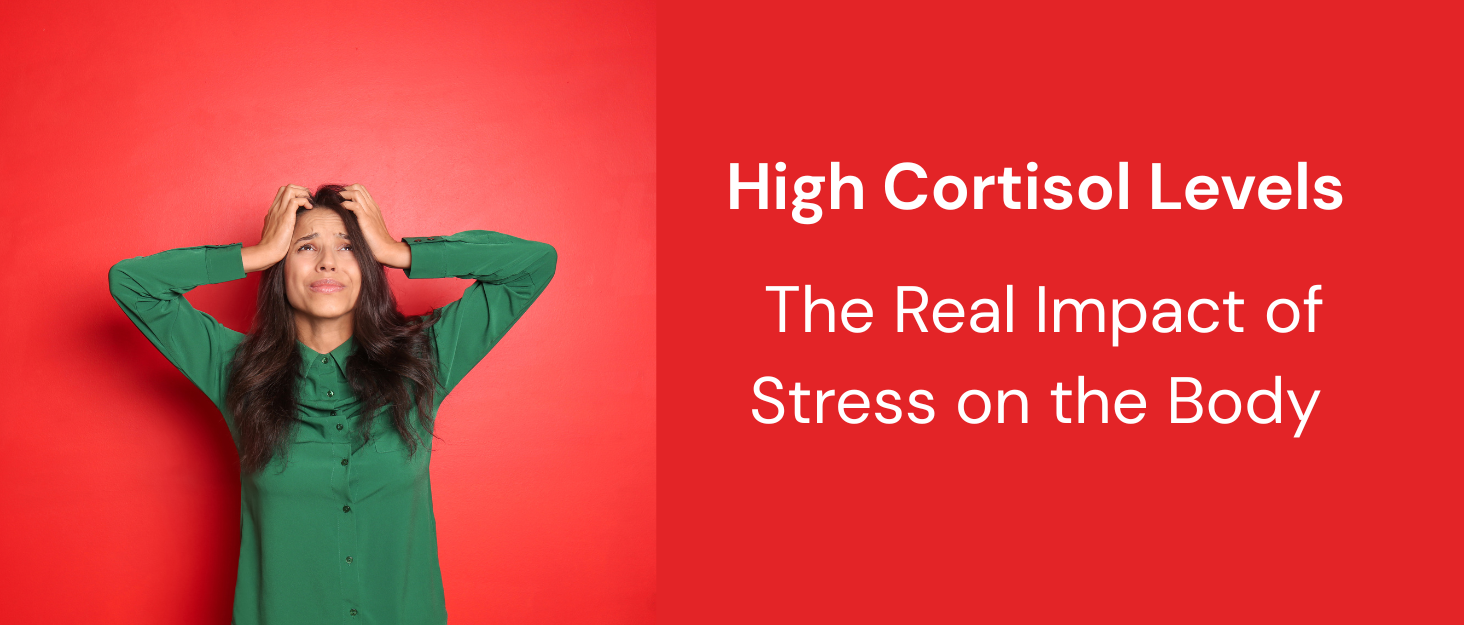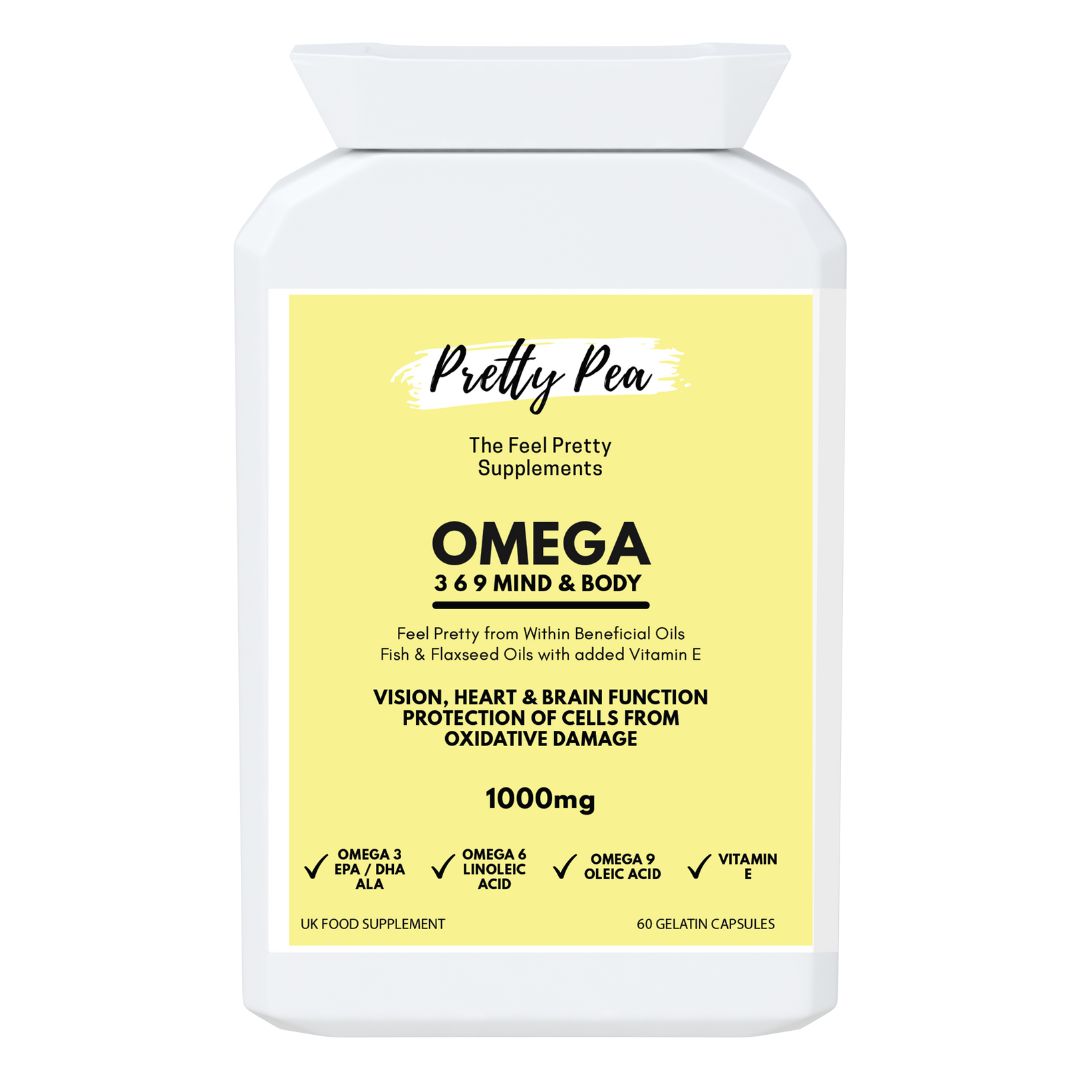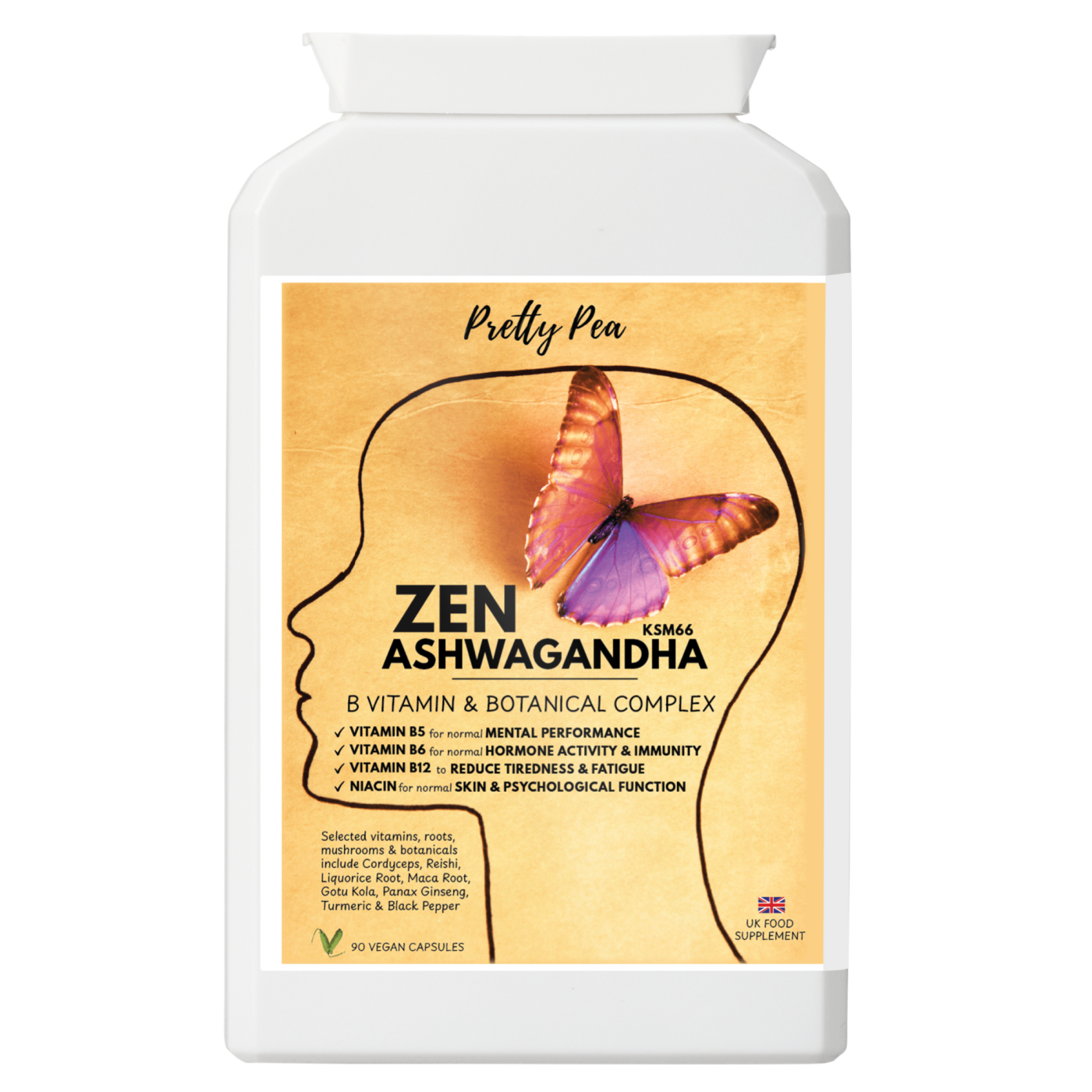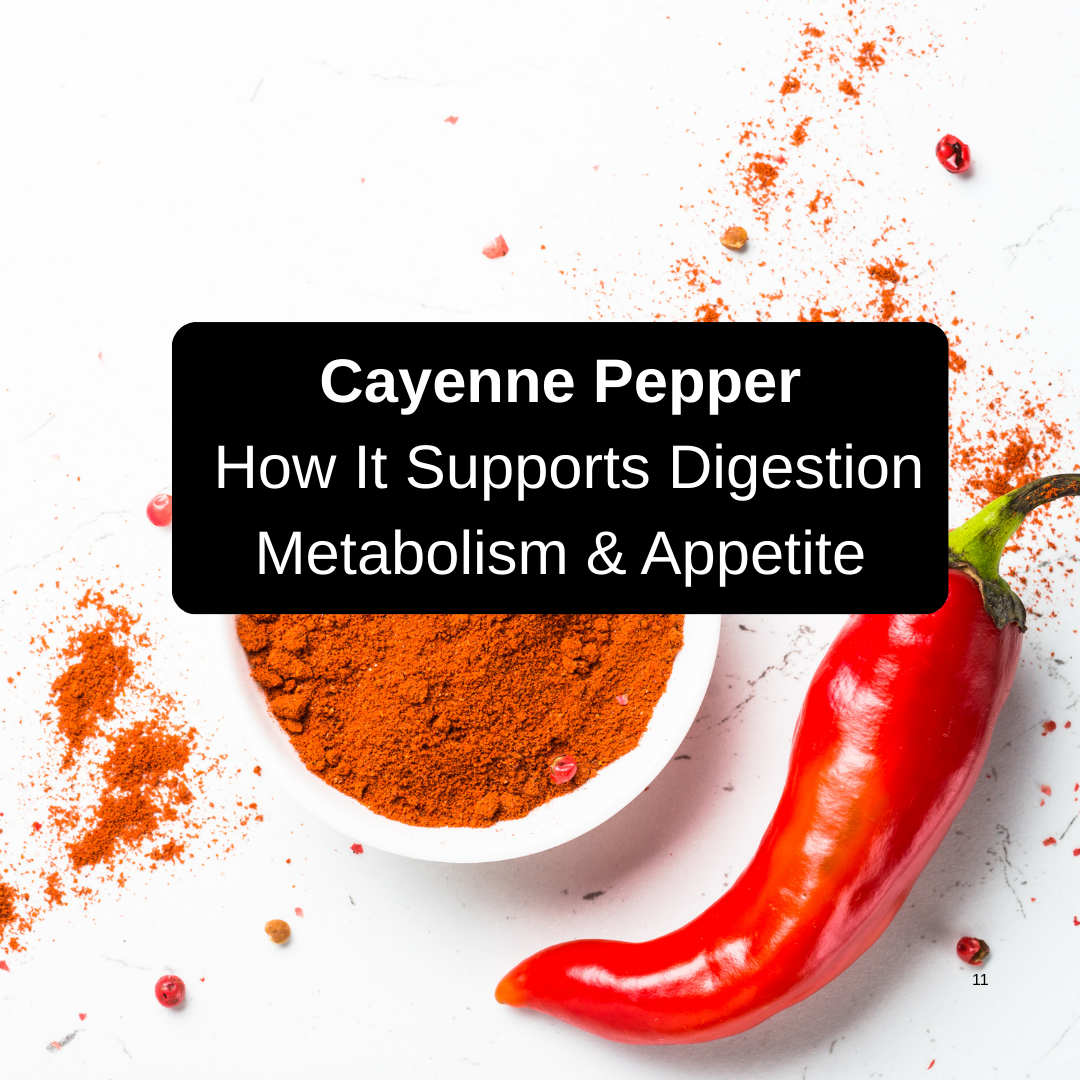Stress is part of life — but when it lingers, the impact of stress on the body and mind can quietly take a toll. From weight gain to digestive problems, high cortisol levels and chronic stress are linked to multiple health concerns. The good news? Your diet can play a powerful role in supporting resilience and balance as we share 7 foods that fight cortisol.
High Cortisol Levels – Impact of Stress on the Body
When you experience stress (work deadlines, family pressures, financial worries), your body activates the “fight-or-flight” response:
- Cortisol and adrenaline rise → boosting alertness and energy.
- Heart rate and blood pressure increase → preparing your body for action.
- Digestion slows down → energy is diverted away from your gut.
- Blood sugar rises → giving muscles quick fuel.
In the short term, this is useful. But if stress is chronic, research shows the effects of stress on the body and high cortisol levels can lead to:
- Weight gain (particularly abdominal fat) due to elevated cortisol
- Anxiety, irritability, and mood swings (changes in brain neurotransmitters) .
- Digestive problems such as IBS
- Weakened immunity (as energy is diverted away from this system)
- Sleep problems, which amplify stress responses
Cortisol: The Stress Hormone
Cortisol is your body’s primary stress hormone. It helps regulate energy, blood sugar, and metabolism — but high cortisol levels that stay high for too long, can cause problems.
Effects of high cortisol levels include:
- Increased abdominal fat storage
- Disrupted sleep-wake cycle, leading to fatigue
- Higher blood sugar and insulin resistance, raising diabetes risk
- Suppressed immune function, making you prone to illness
- Mood issues, from anxiety to low mood
Lifestyle habits like exercise, relaxation techniques, good sleep, and diet can all help bring cortisol back into balance. On top of this Ashwagandha is my go to supplement.
Best Foods to Support Stress Resilience & High Cortisol Levels
1. Magnesium-Rich Foods – The “Calming Mineral”
Magnesium regulates the body’s stress response and helps reduce anxiety symptoms. Low magnesium is linked with high cortisol levels and increased stress sensitivity.
Good sources: spinach, pumpkin seeds, almonds, dark chocolate, avocado.
2. Omega-3 Fats – Brain & Mood Support
Omega-3s (EPA and DHA) reduce inflammation and play a role in mood regulation. Supplementation has been shown to lower anxiety and stress in adults.
Good sources: salmon, mackerel, sardines, chia seeds, flaxseeds, walnuts.
3. High-Fibre Foods – Gut-Brain Axis Support
The gut microbiome influences mood and stress resilience. Dietary fibre feeds beneficial gut bacteria, improving gut health and potentially reducing stress and anxiety.
Good sources: oats, lentils, chickpeas, broccoli, carrots, apples, figs.
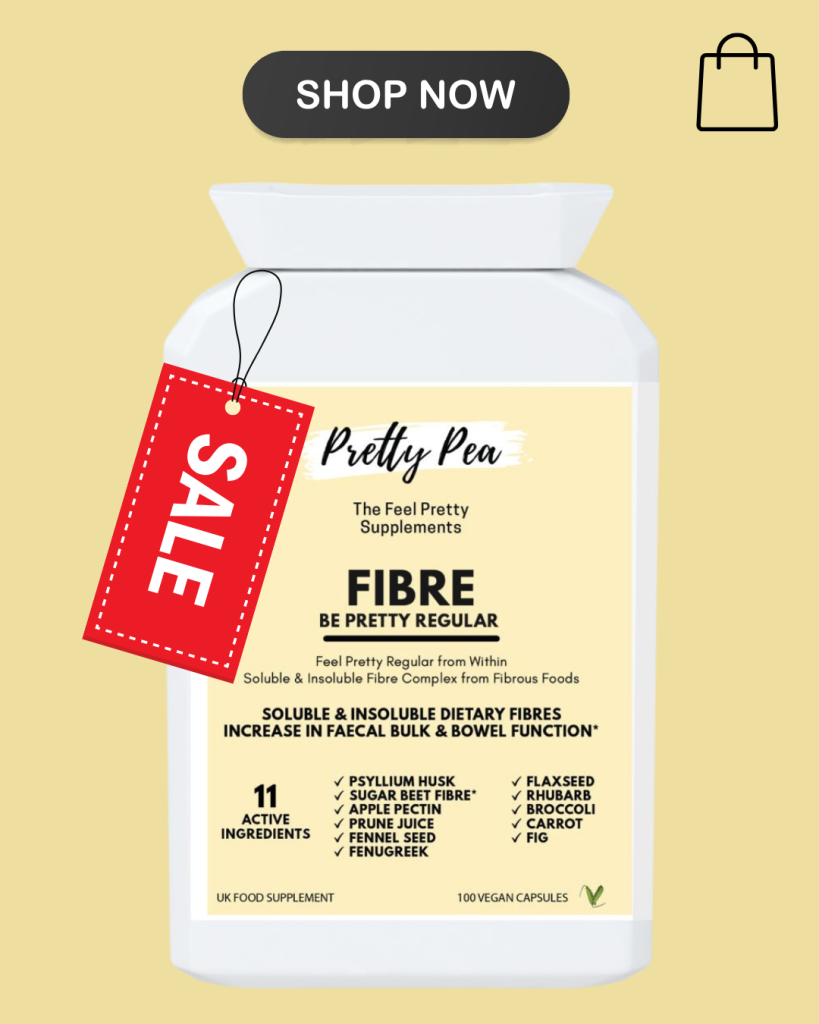
4. Vitamin C Foods – High Cortisol Levels Buffer
Vitamin C is linked with reduced cortisol responses during stress. One study found that people taking vitamin C supplements had lower blood pressure and cortisol after stressful tasks.
Good sources: oranges, kiwis, strawberries, red peppers, broccoli.
5. B Vitamins – Nervous System Support
B vitamins, especially B6, B9 (folate), and B12, support the nervous system and neurotransmitter production. B-vitamin supplementation has been shown to reduce perceived stress and improve mood.
Good sources: whole grains, eggs, chicken, leafy greens, legumes.
Ashwagandha Supplement plus B Vitamins
ZEN Ashwagandha supplement. Feeling stressed ? A synergistic blend of nature’s most powerful Adaptogens and Vitamins formulated to combat adrenal fatigue whilst supporting the immune system, energy levels, mental performance along with promoting a sense of calm, focus & vitality, with 1000% NRV of Vitamin B12.
6. Fermented Foods – Gut Calm
Probiotics in fermented foods can improve stress resilience and mood by modulating gut-brain communication. A study showed that daily probiotic yoghurt reduced stress in medical students during exams.
Good sources: yoghurt, kefir, sauerkraut, kimchi, miso.
7. Hydration & Herbal Teas
Hydration matters. Even mild dehydration can increase cortisol reactivity to stress [Pross et al., 2014]. Herbal teas like chamomile and lemon balm may also reduce anxiety and promote relaxation.
A new study published this month looked at how fluid intake and hydration status affect the body’s stress response (measured by cortisol).
- Two groups were compared:
- Low fluid drinkers: ~1.3 L/day (range 0.9–1.7 L)
- High fluid drinkers: ~4.4 L/day (range 3.2–5.6 L)
- After 7 days both groups were exposed to a stress test.
- Findings:
- Both groups felt anxious and had higher heart rates during stress.
- But only the low fluid group showed a big spike in high cortisol levels.
- Cortisol reactivity was much greater in low drinkers compared to high drinkers.
- Poor hydration (measured by concentrated, darker urine) was strongly linked to higher cortisol stress responses.
Why This Matters:
- Stress resilience: If you drink less than ~1.5 L/day, your body may release more cortisol when under pressure. Over time, higher cortisol levels are linked to weight gain (especially around the middle), mood swings, anxiety, and even increased risk of chronic conditions.
- Energy & mood: Staying hydrated may help your body handle stressful moments more smoothly — whether it’s work, family, or hormonal shifts in your 30s and beyond.
- Simple solution: Just by aiming for around 2–2.5 L/day of fluids (varied sources like water, herbal teas, or foods rich in water), you may help buffer your stress response and support long-term health.
Good sources: water, chamomile tea, lemon balm tea, hydrating fruits and vegetables.
Daily Stress Management
Daily stress management on your plate might look like:
- Breakfast: Overnight oats with chia seeds, flax, and berries
- Lunch: Lentil and spinach salad with avocado and pumpkin seeds
- Dinner: Grilled salmon with quinoa, broccoli, and carrots
- Snacks: Dark chocolate, walnuts, or a kefir smoothie
- Hydration, Hydration, Hydration
- Supplement gaps in your diet or where it makes sense for you
Key Takeaway – High Cortisol Levels
Stress may be unavoidable, but high cortisol levels don’t have to be. By adding magnesium, omega-3s, fibre, vitamin C, B vitamins, probiotics, and not overlooking the importance of hydration to your diet, you can reduce cortisol, support mood, and build resilience.
It’s not about one miracle food — but about building everyday eating habits that nourish both body and mind and supplementing any gaps in your diet and where is makes sense for you.
You might also be interested in…
The Menopause Diet 5 Day Plan to Lose Weight
List of The 100 Symptoms of Perimenopause
Early First Symptoms of Perimenopause – 7 Telling Subtle Signs
The Role of Perimenopause Vitamins Supplements: A Guide for Women
Why Fibre Could Be the Secret to a Better Menopause
The Ultimate Superfood List: What are Superfoods, Benefits, Best Choices, and How to Use
High Cortisol Levels – Sources
- Amsterdam, J. D., Li, Y., Soeller, I., Rockwell, K., Mao, J. J., & Shults, J. (2009). A randomized, double-blind, placebo-controlled trial of oral Matricaria recutita (chamomile) extract therapy for generalized anxiety disorder. Journal of Clinical Psychopharmacology, 29(4), 378–382.
- Boyle, N. B., Lawton, C., & Dye, L. (2017). The effects of magnesium supplementation on subjective anxiety and stress—A systematic review. Nutrients, 9(5), 429.
- Brody, S., Preut, R., Schommer, K., & Schürmeyer, T. (2002). Vitamin C high-dose supplementation reduces blood pressure, cortisol, and subjective responses to psychological stress. Psychopharmacology, 159(3), 319–324.
- Epel, E. S., et al. (2000). Stress and body shape: Stress-induced cortisol secretion is consistently greater among women with central fat. Psychosomatic Medicine, 62(5), 623–632.
- Glaser, R., & Kiecolt-Glaser, J. K. (2005). Stress-induced immune dysfunction: Implications for health. Nature Reviews Immunology, 5(3), 243–251.
- Kiecolt-Glaser, J. K., Belury, M. A., Andridge, R., Malarkey, W. B., & Glaser, R. (2011). Omega-3 supplementation lowers inflammation and anxiety in medical students: A randomized controlled trial. Brain, Behavior, and Immunity, 25(8), 1725–1734.
- Mayer, E. A. (2011). Gut feelings: The emerging biology of gut–brain communication. Nature Reviews Neuroscience, 12(8), 453–466.
- Meerlo, P., Sgoifo, A., & Suchecki, D. (2008). Restricted and disrupted sleep: Effects on autonomic function, neuroendocrine stress systems, and stress responsivity. Sleep Medicine Reviews, 12(3), 197–210.
- Ménard, C., Pfau, M. L., Hodes, G. E., & Russo, S. J. (2016). Immune and neuroendocrine mechanisms of stress vulnerability and resilience. Neuropsychopharmacology, 42(1), 62–80.
- Mohammadi, A. A., Jazayeri, S., Khosravi-Darani, K., Solati, Z., Mohammadpour, N., & Asemi, Z. (2016). The effects of probiotics on mental health and hypothalamic–pituitary–adrenal axis: A randomized, double-blind, placebo-controlled trial in petrochemical workers. Nutrients, 8(5), 1–10.
- Pross, N., et al. (2014). Effects of changes in water intake on mood of high and low drinkers. PLoS One, 9(4), e94754.
- Sarkar, A., Lehto, S. M., Harty, S., Dinan, T. G., Cryan, J. F., & Burnet, P. W. J. (2016). Psychobiotics and the manipulation of bacteria–gut–brain signals. Trends in Neurosciences, 39(11), 763–781.
- Young, H., & Benton, D. (2015). The effect of B vitamin supplementation on mood and cognitive performance in healthy subjects: A systematic review and meta-analysis. Nutrients, 7(4), 2259–2273.
- https://doi.org/10.1152/japplphysiol.00408.2025
